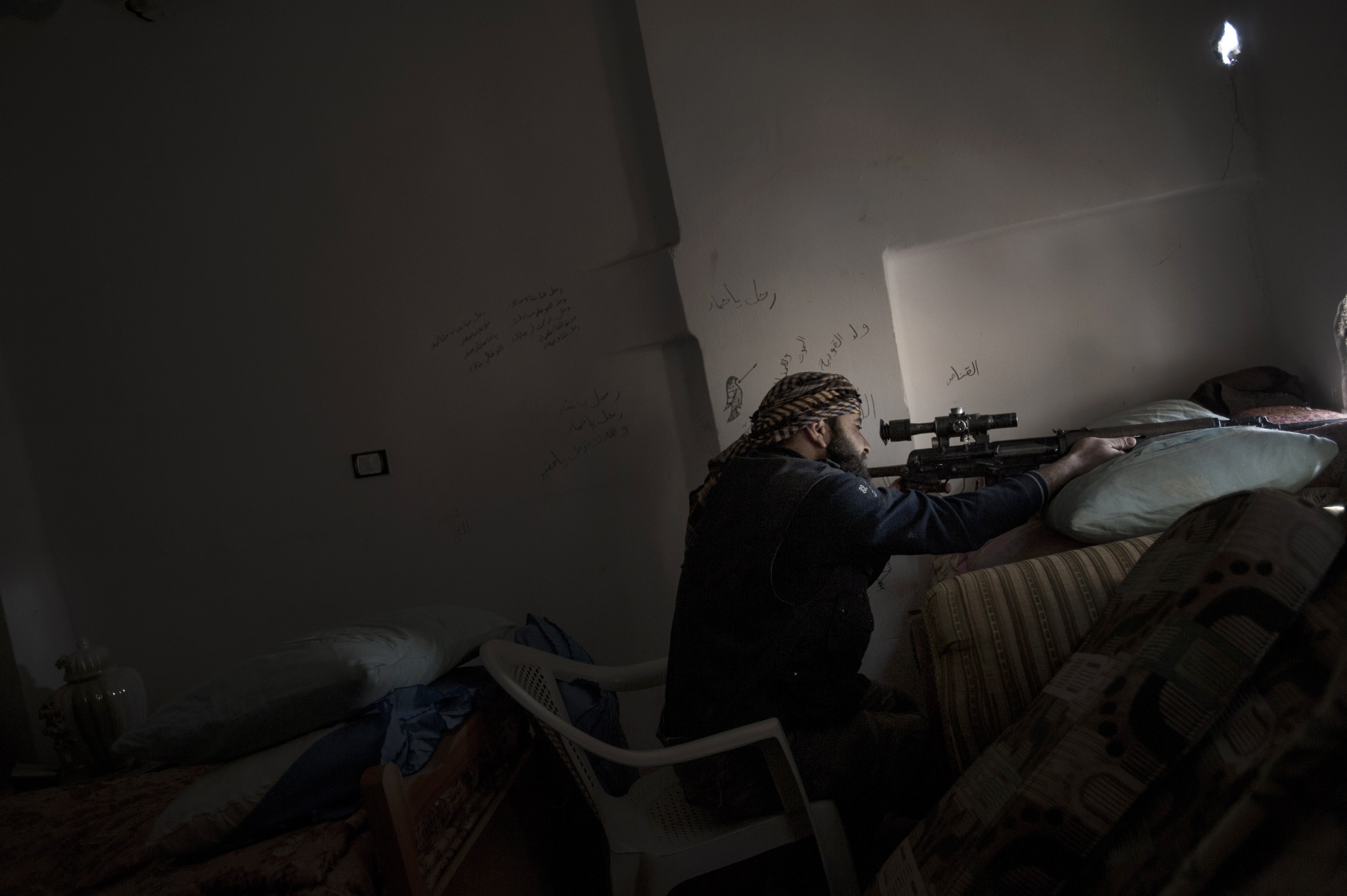HONOLULU: The United States is considering Yemeni President Ali Abdullah Saleh’s request to visit, but would only grant him entry for "legitimate" medical treatment, a senior US official said Monday.
Officials also said President Barack Obama’s top anti-terror advisor John Brennan called Yemeni Vice President Abdrabuh Mansur Hadi on Sunday to urge "maximum restraint" after forces backing Saleh killed 13 demonstrators.
Saleh, set to stand down after a presidential election in February, said on Saturday he wanted to visit the United States, though was not seeking treatment for wounds sustained in an attack on his palace in June.
But a senior US official said Monday that Saleh’s office had contacted the US embassy in Sanaa and said the president did want to go to the United States to seek "specialized medical treatment."
"The request for approval for President Saleh to travel to the United States is currently under consideration," the official said on condition of anonymity.
"The only reason that travel to the United States by President Saleh would be approved would be for legitimate medical treatment."
UN envoy Jamal Benomar said last week that Saleh, treated in Saudi Arabia after June 3 explosion at his palace, needed "important" medical treatment abroad.
United Nations Secretary General Ban Ki-Moon had previously said that Saleh would visit New York for medical treatment.
White House Deputy Spokesman Josh Earnest meanwhile said that Brennan called Hadi on Sunday to discuss the recent violence and the political transition leading up to the presidential election.
"Mr Brennan emphasized strongly the need for Yemeni security forces to show maximum restraint when dealing with demonstrations and called upon all sides to refrain from provocative acts that could spur further violence," Earnest said.
"Vice President Hadi said that he has initiated an investigation into the deaths and injuries that occurred and that he would do his utmost to prevent further bloodshed," Earnest said in Hawaii where Obama is on vacation.
Thirteen people were killed on Saturday in an attack by security forces and loyalists of Saleh against a march of thousands of people calling for the embattled leader’s trial, medics said.
Dozens more were injured.
Brennan and Hadi also agreed on the importance of the transition leading up to the election in February, Earnest said.
Brennan also said Washington was a "strong and fervent supporter of the Yemeni people" in their quest for security, political stability, representative government, and economic prosperity.
The United States is acutely concerned about further instability in Yemen, and the presence on Yemeni soil of Al-Qaeda and affiliated extremists who have posed a direct threat to America’s people and security.
Two years ago, while Obama was also in Hawaii for Christmas, Nigerian extremists Umar Farouk Abdulmutallab, who was trained in Yemen by Al-Qaeda in the Arabian Peninsula (AQAP), allegedly tried to blow up a US airliner over Detroit with explosives sewn into his underwear.
In September, US-Yemeni militant Anwar Al-Awlaqi, who is believed to have masterminded the airliner plot, was killed in what was apparently a US air strike in Yemen.
AQAP has taken advantage of 10 months of deadly protests against Saleh to bolster its presence in the restive provinces of Marib, Shabwa, Abyan.
Militants linked to Al-Qaeda control several regions and towns including Abyan provincial capital Zinjibar, where they clash regularly with government forces and tribal auxiliaries.
On Sunday, gunmen shot dead a local intelligence chief in the port of Aden in south Yemen, a police official said.
Colonel Hussein Shabibi was the latest security officer to be targeted in recent months in south Yemen in attacks generally attributed by officials to Al-Qaeda.
Government forces are sometimes supported by US drone strikes in their battle against the Partisans of Sharia, the Al-Qaeda-linked insurgent group that took over most of Zinjibar in May.

